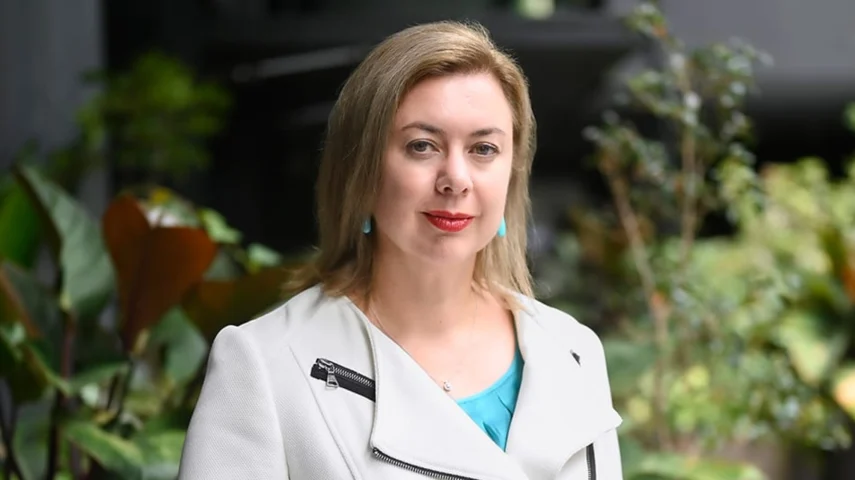'Disappointing' draft DBFO reforms denounced by FAAA's Abood



The Financial Advice Association Australia (FAAA) has said it is unwilling to support the latest Delivering Better Financial Outcomes (DBFO) reforms unless substantial changes are made to its content.
On 21 March, the Treasury released further details on draft legislation for DBFO and what will be included in the second tranche of the reforms.
These will cover:
- Replacing the statement of advice with a more fit-for-purpose client advice record.
- Providing clear rules on what advice topics can be collectively charged for via superannuation.
- Allowing superannuation funds to provide targeted prompts to members to drive greater engagement with superannuation at key life stages.
Chief executive Sarah Abood said: “On a first read, we cannot support it without substantial change. This is a pretty disappointing outcome considering the large amount of time and resources that have been invested over three years to finding ways to deliver high-quality financial advice to more Australians.”
Regarding the changes to statements of advice, which will now be known as client advice records, it said it failed to observe “a material difference” between the documents.
“Analysing the requirements for the new client advice record, or CAR, we haven’t found a material difference between these obligations and those for statements of advice in the legislation. We were hoping for a much lower level of prescription, and greater recognition of professional judgement, as well as indications as to how the other areas of prescription (notably the impact of ASIC interpretation) would be dealt with.”
But the body’s main concern centres around the option to give superannuation trustees the ability to collectively charge for retirement advice as it believes it should only be given by professional financial advisers rather than the “new class of adviser”.
“We have stated elsewhere, and many times, our position that retirement advice should only be offered by licensed professional financial advisers. This type of advice is both complex and high stakes for the consumers involved – because if poor advice is given in this life stage, it can be extremely difficult for a consumer to recover their financial position when no longer earning income from personal exertion.
“Professional advisers have the education, experience and ethical obligations that enable them to provide this advice safely. If we are saying these are no longer required for such an important facet of consumers’ financial affairs, then this undermines the whole point of professionalising financial advice.”
It said it would consult with its members ahead of the submission deadline of 2 May.
Recommended for you
A former Victorian financial adviser has been sentenced after stealing $4.4 million from clients, family and friends to feed his “raging gambling addiction”.
Advice licensee Centrepoint Alliance has acquired the financial advice book of superannuation fund Brighter Super and will become the preferred partner to provide advice to its members.
The association has expressed its support for the Opposition’s commitment to making financial advice a “national priority”, alongside its bold target of reaching 30,000 advisers.
Australian investors are increasingly turning to financial advisers as their top source of information, with more than a third using them for investment guidance.














